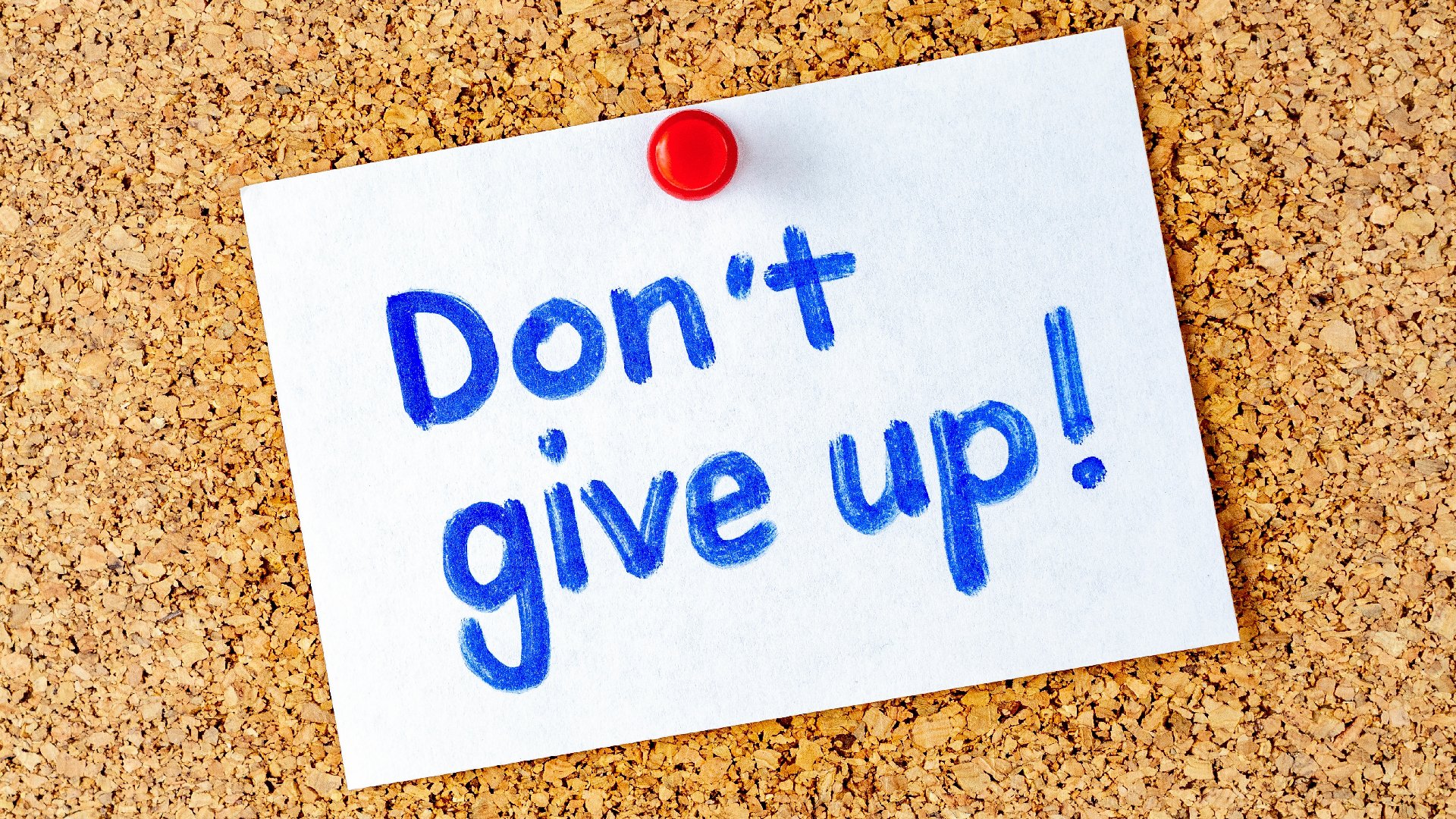Breaking Up…
“It’s not you,” she said, “It’s me.” Something in her tone, her lowered eyes, and her shift in the chair told him it was a lie; it was definitely him. He knew their relationship had been running cold for the last few weeks, and he was pretty sure he knew why.
“Are you breaking up with me?” he asked.
“It’s not really a breakup; it’s more like taking a break, you know?” she explained. There was something in her tone that communicated, “I am not going to tell you the whole story.”
“Why?” he questioned.
“We’ve been seeing each other for a long time,” she responded. “I just need some space. I mean, we started hanging out together in elementary school. And I’d be the first to say you’ve been there for me. When my parents got divorced, and I really struggled, you listened to all my heartbreak. In high school, you were always the one to encourage me. That’s when I felt like we were the closest. I know you pressed me to get serious, but I felt like I just wasn’t ready, and I backed away. Now that I’m in college, I’m ready to try some different things.”
“Like what?” he asked, “Or should I ask ‘who’”?
Bowing up a little, she said, “That’s just like you. You always want to know more than I want you to know. You want me to belong exclusively to you. If you must know, there’s this cute guy in my philosophy class. We’ve been talking periodically after class. He sees the world differently than you. He says we can trust our feelings and just let love lead us. He’s not into being uptight about things like you are.”
“I know all about him,” he said. “I’m sure you can’t trust him.” She knew he was usually right but didn’t want to listen this time.
“Have you been stalking me? How do you know him? How can you know anything about him? This is why I need to break up with you. You always act like you know more than anyone else. You’re always telling me what is right and wrong. What makes you so sure that you know what is right and what is wrong? And don’t tell me about how you know things I can’t even understand!” she shouted.
“I thought you just wanted a break. Now you are saying you want to break up?” he asked, with a gentleness in his voice.
She replied angrily, “This conversation is over. This is why I can’t have you in my life anymore. You are always asking me to think about some ‘deeper meaning’ about what I say and what I do. I just want to live my life, have fun, and live free.” She got up to leave.
“Before you leave,” he said, “I ask you to remember two things. Remember, I have always wanted the best for you. Anytime I shared wisdom with you, that sounded like a rule; it was because I wanted you to have the best life possible. And remember, I will always love you.”
She grimaced, paused, and looked at him. A tear formed in the corner of her eye. She brushed it away, turned, and walked on with a determined stride. She was finally going to live her life her way. What did he know anyway? Weren’t his words just ideas from stuffy old men?
Jesus looked sadly down at his nail-scarred hands as her shadow retreated. What else could he do to show her that he loved her best and it would be his love that would set her free? His heart was breaking. Another one of the people he died for had succumbed to the temptation to walk away. The temptation looked so good, but he knew the temptation destination: destruction.
How many of us have broken up with Jesus because he cramped our style? How many of us have come back to him to admit life without him just doesn’t work? How many of us have to say walking away from Jesus, doing our own thing, was the worst mistake we ever made?
The good news? He still loves you. Always.




















